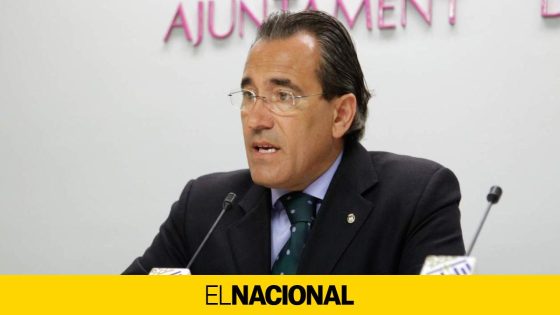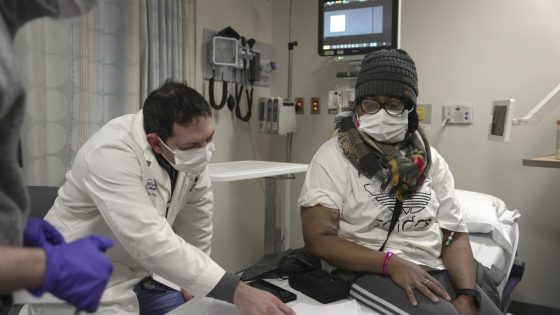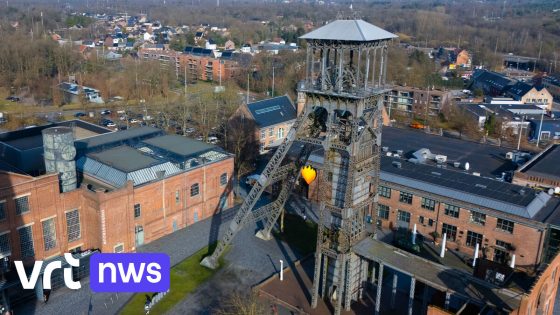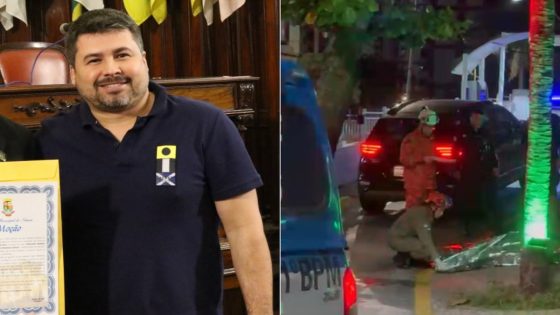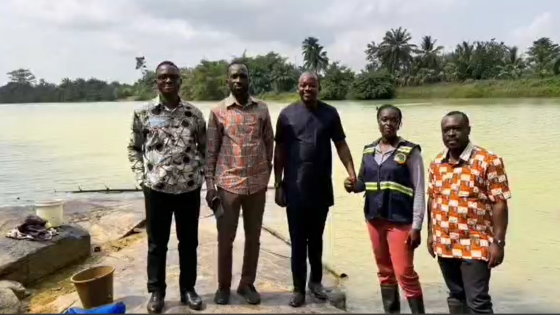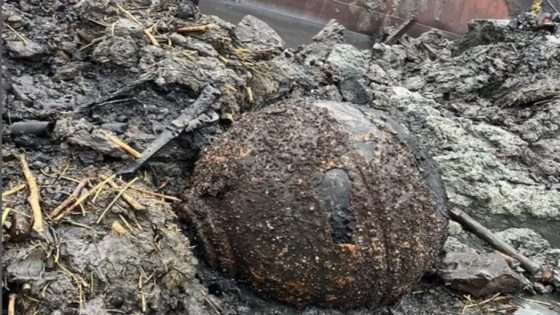Arturo Torró, the former mayor of Gandia, was tragically shot dead on February 19. Investigators believe his assassination involved a rare small-caliber pistol, raising questions about the motives behind this shocking crime. What could have led to such a violent end for a public figure?
- Arturo Torró, former mayor, was assassinated.
- Shot with a small caliber, uncommon weapon.
- Found dead by his wife on the road.
- Previous threats reported, no direct link established.
- Convicted of corruption, awaiting prison sentence.
- Investigators examining phone and CCTV footage.
Investigation into Arturo Torró’s Murder: Key Details and Developments
The investigation into Arturo Torró’s murder is ongoing, and authorities are piecing together critical evidence. How did this former politician end up in such a dire situation? Eyewitness accounts and forensic evidence are crucial in uncovering the truth.
Understanding the Circumstances Surrounding the Assassination
Torró was ambushed while driving, leading to a tragic end that shocked the local community. His wife found him in his car, raising questions about the circumstances of the attack. Key points from the investigation include:
- He was shot at close range with a rare small-caliber pistol.
- Authorities are analyzing his phone and nearby surveillance footage.
- Torró had previously reported threats, although they were dated.
- His political history includes a corruption conviction and recent electoral challenges.
Arturo Torró’s Political Background and Controversies
Arturo Torró served as the mayor of Gandia from 2011 to 2015. His tenure was marred by corruption allegations, leading to a prison sentence. Despite his past, he remained a significant figure in local politics. His recent electoral defeat to a left-wing coalition further complicated his legacy.
The Impact of Political Violence on Society
Political violence raises serious concerns about safety and stability in society. Torró’s assassination serves as a reminder of the potential dangers faced by those in public service. It prompts reflection on how society can better protect its leaders and ensure a safer environment for political discourse.
As the investigation unfolds, the community and the nation await answers. Will justice be served for Arturo Torró, and what lessons can be learned from this tragic event?



